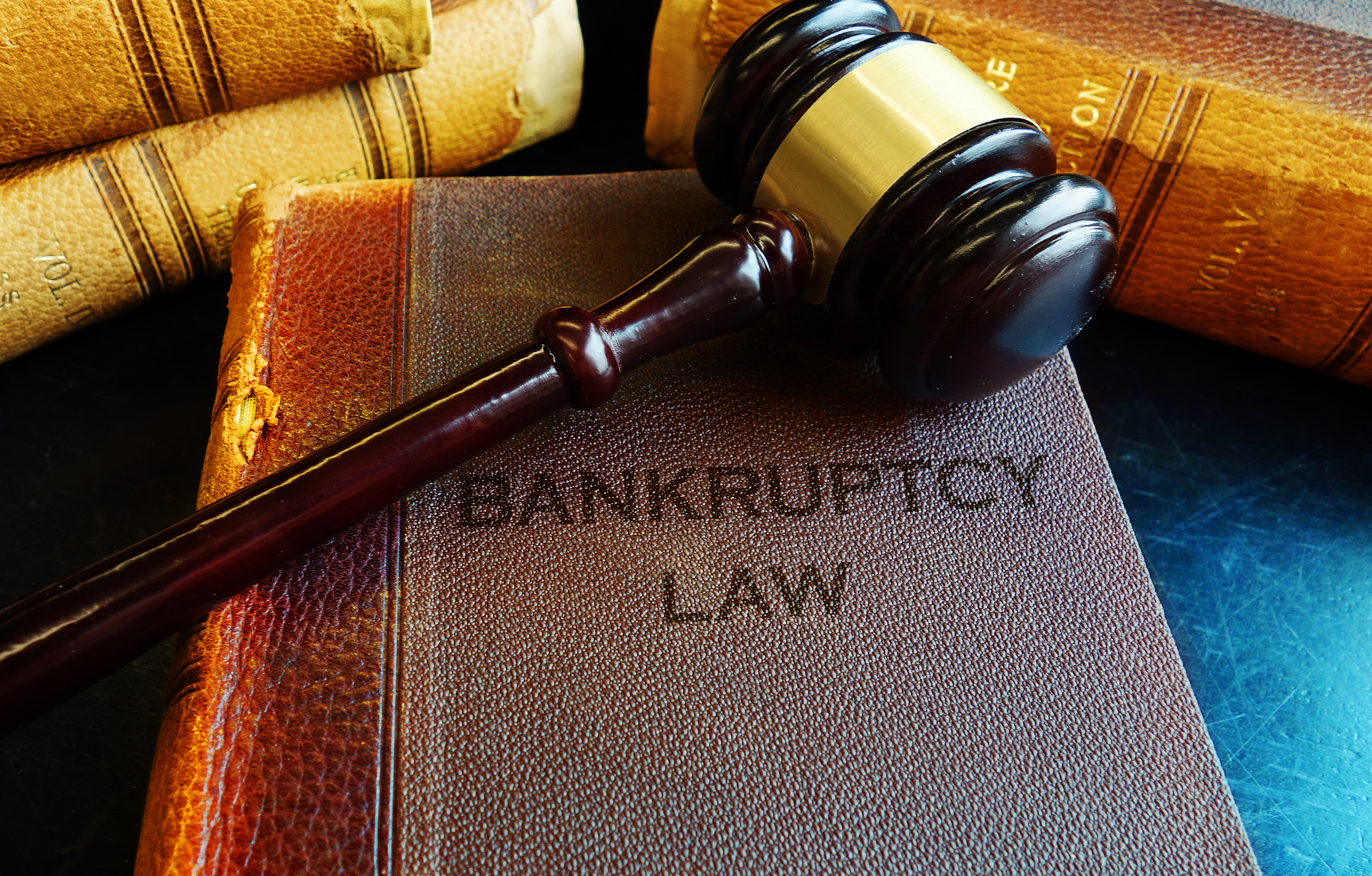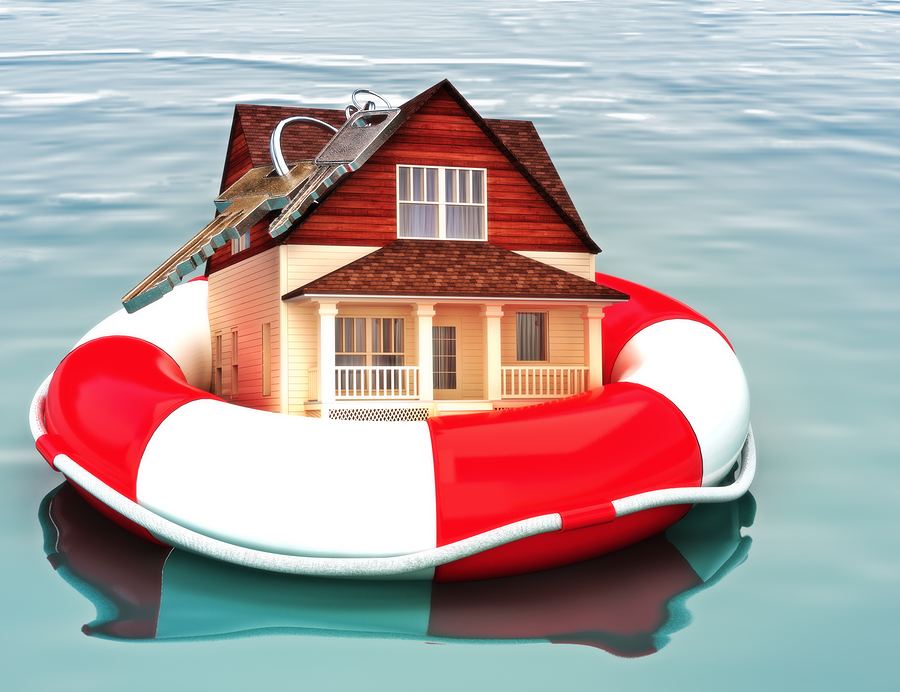Will Filing for Bankruptcy Affect My Mortgage?

Bankruptcy is a major financial decision that significantly impacts how your loans and debts are treated. Home loans are no exception to this rule, regardless of whether you live in New Jersey or Pennsylvania. In this article, our Warrington bankruptcy lawyers will explain how filing for Chapter 13 or Chapter 7 affects your mortgage and the likelihood of foreclosure.
Loans vs. Liens in Chapter 7 Bankruptcy
First and foremost, let’s immediately dispel the the harmful myth that bankruptcy guarantees foreclosure. For many debtors, this is simply not the case. Bankruptcy’s automatic stay feature, which freezes collection attempts while the bankruptcy is in progress, can actually help postpone against foreclosure. As we’ll discuss a little later, Chapter 13 bankruptcy could even save your home from being foreclosed on.
That being said, there are some important financial considerations debtors should weigh when thinking about filing for bankruptcy in Pennsylvania or New Jersey. The way your mortgage will be affected depends largely on whether you file for Chapter 7 or Chapter 13.
The main purpose of Chapter 7 is debt forgiveness. When you file for Chapter 7, all of your property is divided into two categories: “exempt” property, which you get to keep, and “nonexempt” property, which goes into the bankruptcy estate. (The exemptions you may claim depend on whether you choose the state exemptions or the federal exemptions, so it’s important to talk to an experienced Lower Makefield bankruptcy attorney about which set of exemptions is best suited to your goals and needs.) The trustee will sell off nonexempt properties to make up the debts which are owed.
Chapter 7 gets rid of your liability for your mortgage loan, but it does not get rid of the lien on your home. These two tiny letters make a world of difference.
When you take out a mortgage, the the understanding is that you will repay the loan you received from the lending institution. The bank or lender places a lien on the home, which acts like collateral should the borrower fail to make the agreed-upon repayments. Because collateral or a security interest exists, the lender becomes a secured creditor. If you fall too far behind on your mortgage payments, the lender can enforce the lien by foreclosing on the property. While Chapter 7 technically gets rid of your liability for repaying the loan, it does not take away the lien on your home.
Nonetheless, that doesn’t always mean that Chapter 7 equals losing your home. For example, there is little incentive for the trustee to sell your home if you have no equity. Moreover, even if you do have equity, you may be able to exempt your equity from the bankruptcy estate by using the homestead exemption. The federal homestead exemption, for example, is currently $22,975. Again, you should consult with an attorney to determine which set of exemptions is most appropriate for your unique financial situation.

How Your Mortgage is Affected by Chapter 13
While Chapter 7 offers debtors limited protection, filing for Chapter 13 is probably the better strategy if you want to protect your home. (Even if you qualify for Chapter 7, you may still be able to file for Chapter 13 if you can demonstrate that you have the financial means to keep up with a three- to five-year repayment plan.)
Unlike Chapter 7, which emphasizes debt forgiveness at the expense of asset liquidation, Chapter 13 is designed to let debtors keep their property in exchange for making repayments. When you file for Chapter 13, the trustee will not sell off your home. However, foreclosure is still a possibility if you fail to keep up with your payments. Therefore, it is of the utmost importance that you continue to make timely mortgage payments throughout the duration of your Chapter 13 case. With a few exceptions where the trustee acts as an intermediary, payments will be made directly to the lender.
If you’re behind on your payments and have mortgage arrears, you can play catch-up over the course of your long-term repayment plan. As long as you both (1) stay up-to-date on your current payments, and (2) pay off your past-due payments before your plan ends, you should be able to avoid foreclosure in Chapter 13.
Chapter 13 also offers another crucial advantage over Chapter 7: you can use Chapter 13 to strip a junior mortgage.
If you’re thinking about filing for bankruptcy in Pennsylvania or New Jersey, or have questions about how bankruptcy could impact a mortgage modification, the knowledgeable legal team at Young, Marr, Mallis & Associates can help. Our attorneys have more than 20 years of experience handling thousands of Chapter 7 and Chapter 13 bankruptcy cases, and give free initial consultations.
Call our law offices today at (609) 755-3115 in New Jersey or (215) 701-6519 in Pennsylvania to talk about whether bankruptcy is right for you. We will keep your information private.





























